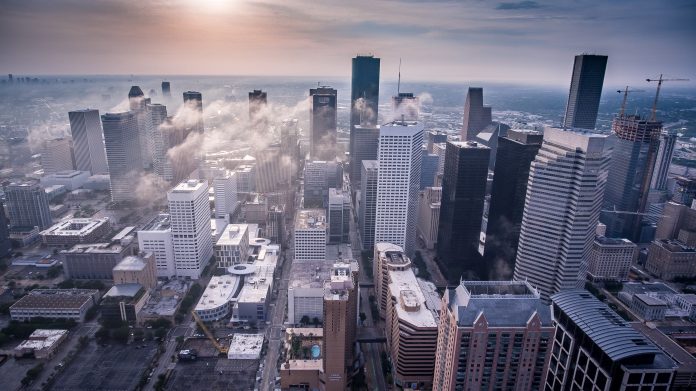Houston is yet to see its best years. Local energy companies of all sizes have been shifting all their operations to the city over the past few decades, proving that Houston is still the global energy hub.
It is an indisputable fact that Houston is the energy capital of the world – the city houses headquarters of over 500 gas and oil exploration and production companies in Texas and hundreds of oil-related companies. Additionally, it has nine refineries churning more than 2.3 million barrels of crude oil daily – making Houston the largest oil producers in the globe.
Houston’s Energy Corridor, a business district that extends seven miles across Interstate 10, houses numerous companies in both the energy and non-energy sector, which is an excellent addition to the city’s economy. There also have been developments like the new campus by ExxonMobil’s in different parts of Houston that could form the city’s second energy corridor.
Houston has been at the frontline of the oil industry since the 1901 Spindletop gusher near Beaumont. With 500 oil and gas exploration and production firms, 4,000+ energy-related business, 100+ solar power-related companies, 30 wind-related firms and a bevy of petrochemicals plants and refineries in the city, one can only wonder what’s next for the renowned global energy city.
So, why does Houston continue as the world’s energy hub?
If you are wondering about that too, then we’ll shed some light on what makes Houston the go-to place for everything energy, and why the scene isn’t about to change any time soon. At the end of the article, we will also mention a single aspect that’s the biggest threat to Houston’s position.
Houston has a better business environment
The first and perhaps the most critical reason why Houston will continue to be the world’s energy capital is that the city offers an incredible business environment. It’s a no-brainer that every businessperson and investor wants a good business environment for their businesses. But other than that, the city uses aggressive economic recruiting strategies to actively court energy firms, to the extent of customizing incentive offerings for them.
Houston is the transportation hub to the US heartland
Houston will continue to stay in business, thanks to its incredible transport infrastructure. It acts as the gateway to the heart of the United States, thanks to its equidistant location between the east and west coast. The city has geographical benefits that make it a perfect spot to set up manufacturing and logistics facilities.
Houston has already made a name for itself
The fact that Houston is known far and wide as the world’s energy capital makes it a target for every player in the oil field. Investors are always trying to get into partnerships with the companies; companies are also trying to set themselves apart from the competition to gain a more significant market share. There’s also a group that’s trying to make entry into the market, and other businesses that deal with energy-related products. When all these businesses meet with rational minds, you can expect nothing but a thriving economy.
Houston has big players in the industry
The city is a perfect spot for businesspeople looking to learn about the business or strike deals because it is home to the executives and the “who is who” of the business. It provides an ideal climate for personal and business growth for all players in the industry.
Houston has a diverse industry sector
Though the city is the world’s energy hub, it does not base its survival on oil and gas alone. It has increasingly been diversifying its economy, partly because it’s aware of the up and down cycles of the energy sector. Houston comes second in the US manufacturing GDP; it’s home to the world’s largest medical complex – the Texas Medical Center which offers education, research and clinical healthcare at all of its 58 institutions. And most importantly, Houston houses above 140 high-growth tech startup companies – just how good is that?
A threat to Houston’s position
Houston is a hot-spot for business, but there is one issue that threatens its leading position as the energy capital of the world – natural disasters. The city was ranked first on the top 10 riskiest places to live in the US for natural disasters.
Find a Home-Based Business to Start-Up >>> Hundreds of Business Listings.

















































